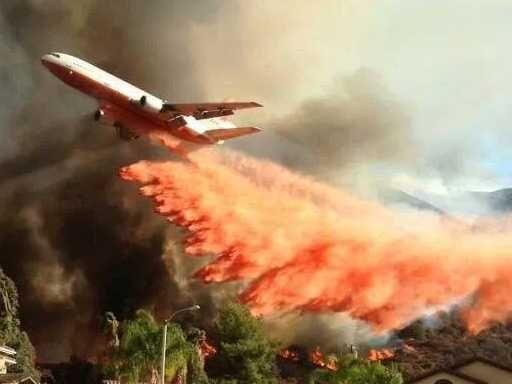
Early COVID-19 Prisoner Release Leads To Severe Wildfire Fighter Shortage
Refusal to hire ex-prisoner wildfire fighters also adds to drastic lack of firefighters
By Evan Symon, August 25, 2020 5:55 pm
On Tuesday, the California Department of Forestry and Fire Protection (Cal Fire) announced that, due to COVID-19 prison releases, the number of inmate wildfire fighters has left the state at least 600 wildfire fighters short of where they have been at in previous years.
Hundreds of wildfire fighters short due to early COVID-19 releases
The wildfire fighter “hand crew” Conservation Camp program has been around in California since the 1940’s. Cal Fire has grown to be so dependent on the program that in 2019 3,500 of California’s 15,500 wildfire fighters were actually prisoners.
However, concerns of COVID-19 spreading rapidly to prisoners earlier this year led to thousands of non-violent inmates who were close to completing their sentences to be released early. Over 10,000 inmates and those in county jails have been released early throughout the year so far due to COVID-19 concerns, with the California Department of Corrections and Rehabilitation (CDCR) confirming that 5,627 of them have been released early since the beginning of last month.
This has led to severely undermanned Conservation Camps and wildfire fighter units. According to Cal Fire, last year at this time 1,895 prisoner firefighters were on duty. This year the number has dipped to 1,659.
Outside of the camps the fallen prisoner wildfire fighter numbers are even more drastic. Of the 192 inmate crews that are usually fighting fires, only 90 had been available last week. While there are a few more active this week, the early release program has decimated the pool of those able to work crews by around 600 inmates so far.
Cal Fire had expected a lower number of inmate firefighters earlier this year
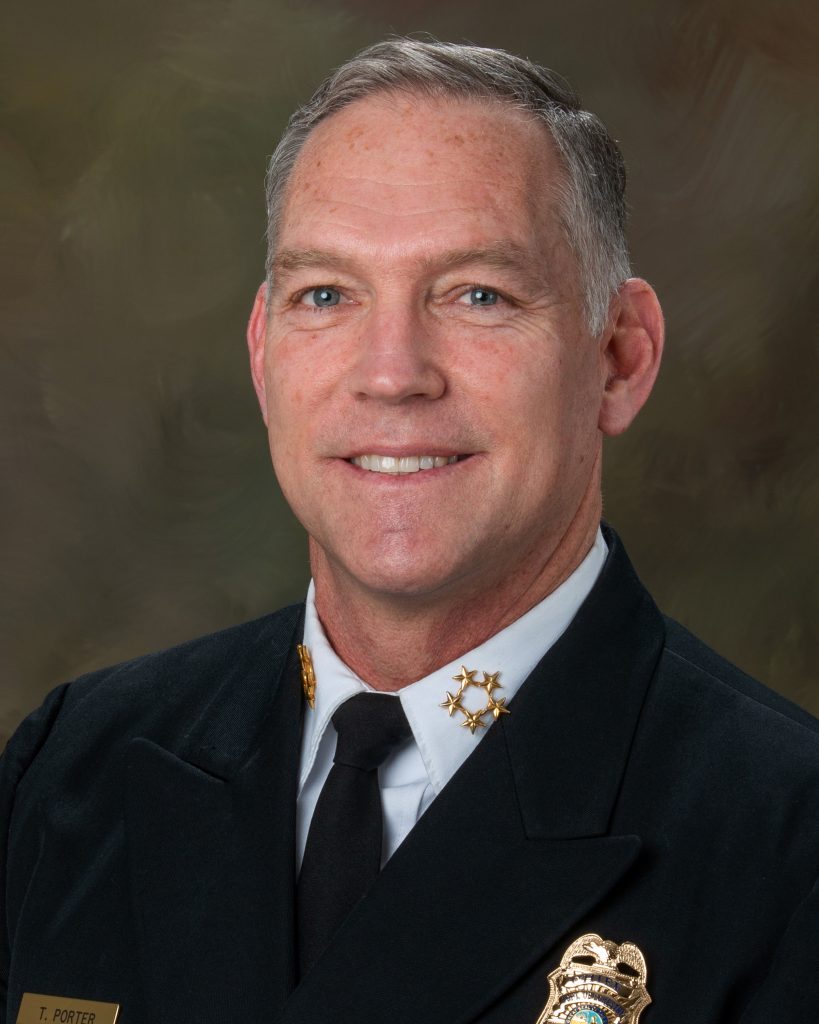
Cal Fire had actually been expecting a lower number of inmate wildfire fighters this year, hiring an additional 858 seasonal firefighters this season with the approval of Governor Gavin Newsom.
“Right now we don’t have those crews and we might not. COVID might infect firefighters and hand crews and keep them out of the firefight for a quarantine period, or for longer,” explained CalFire Chief Thom Porter last month. “We are in peak fire season, and we usually see more fires around this time each year.”
The significantly fewer number of inmate fire crews has, however, taken a toll. Inmate crews are trained to fight fires on the same level as regular firefighters, but are only paid on average $3.50 a day, with an extra $1 an hour when they are physically fighting fires. With the low pay turning many away from the danger, those released and fully trained in fighting fires face hurdles as well, most notably not being able to be hired to fight fires because of their prison record.
Victor Gabarra, who had helped fight wildfires as a prisoner, told the California Globe about the reality of the prisoner wildfire fighter shortage.
“They’re saying 600, but I guarantee you it’s more than that,” explained Gabarra. “It’s only 600 if you count those released for the coronavirus. A lot of prisoners see the risk and don’t want to do this. When I was in prison, it was at least a couple dozen guys, so multiply that by all the prisons in the state and add in even more refusing to do it because of the low pay and intensity, and that’s at least a few hundred more.”
“And then there are guys like me who can’t fight wildfires again because of their record. I can still make a very effective fire line today. But there are thousands of us unable to help again because of that holding us back.”
“In reality, California isn’t 600 short, but thousands because of their policies to prisoners and ex-prisoners.”
An Assembly bill to hire former wildfire fighter prisoners, a shortage causing greater damage
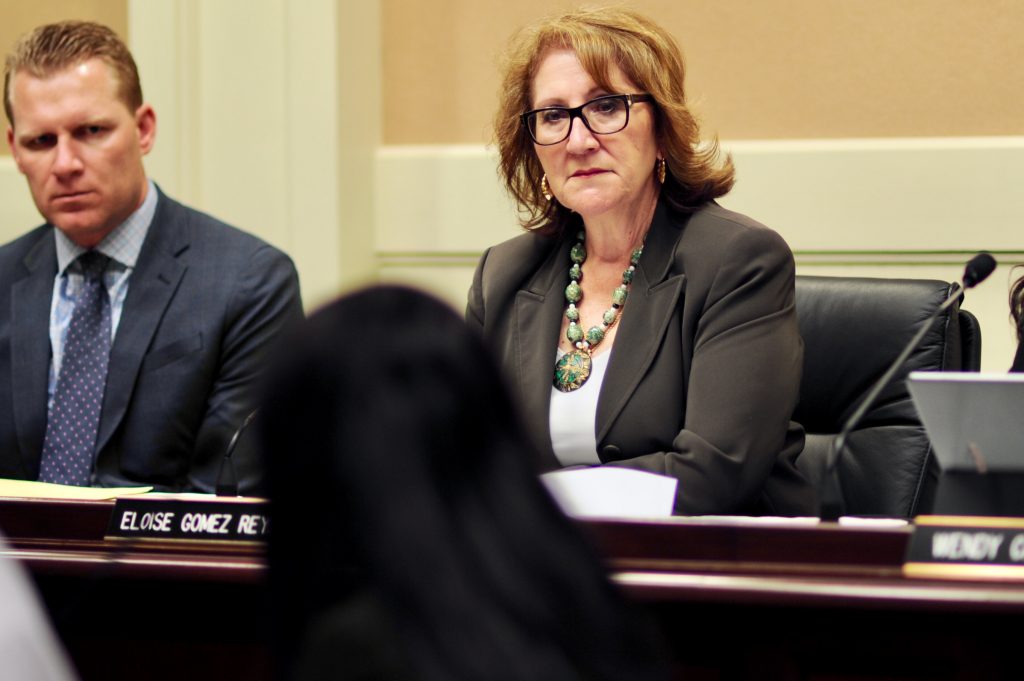
A bill by Assemblywoman Eloise Reyes (D-Grand Terrace), AB 2147, which would make the path for ex-prisoners to more easily become firefighters, is expected to pass this session.
“It is without a doubt a tremendous sacrifice of personal safety to volunteer to fight these deadly fires to keep our families, our homes, our wildlife, and our forests safe, while simultaneously reducing the impact of damages on our economy,” said Assemblywoman Reyes in May. “However, even with their sacrifices, their training, their dedication and their low-level risk status, many who participate in the fire camps continue to struggle to find permanent and stable employment once released. This is due to the significant barriers that have historically been placed on formerly incarcerated individuals, hindering their ability to seek and acquire employment or even the education necessary to start a career and contribute to society.”
However, even if passed, it would not go into effect until well after this wildfire season.
“Some of the toughest work that’s done out there on the lines, some of the most important work, is done by these hand crews,” said Governor Newsom last year.
“If they didn’t give coronavirus releases, paid more fairly, and allowed ex-prisoners like me to help fight these fires, the story in California would be a lot different right now, ” added Gabarra. “Imagine another few thousand people, at least, putting in fire breaks and protecting the Bay Area.
“But instead we’re all sitting around and watching it burn because they severely miscalculated everything.”
- ‘Fix Prop 47’ Initiative Receives Over 900,000 Signatures – Qualifies for November Ballot - April 18, 2024
- Google Fires 28 for Anti-Israel Sit-in at Work - April 18, 2024
- California Retains Title As World’s 5th Largest Economy - April 18, 2024


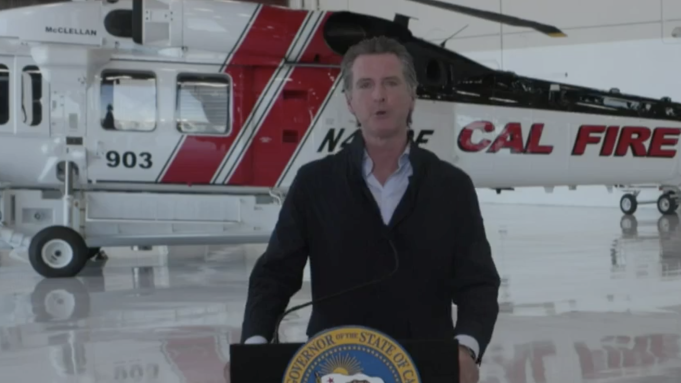
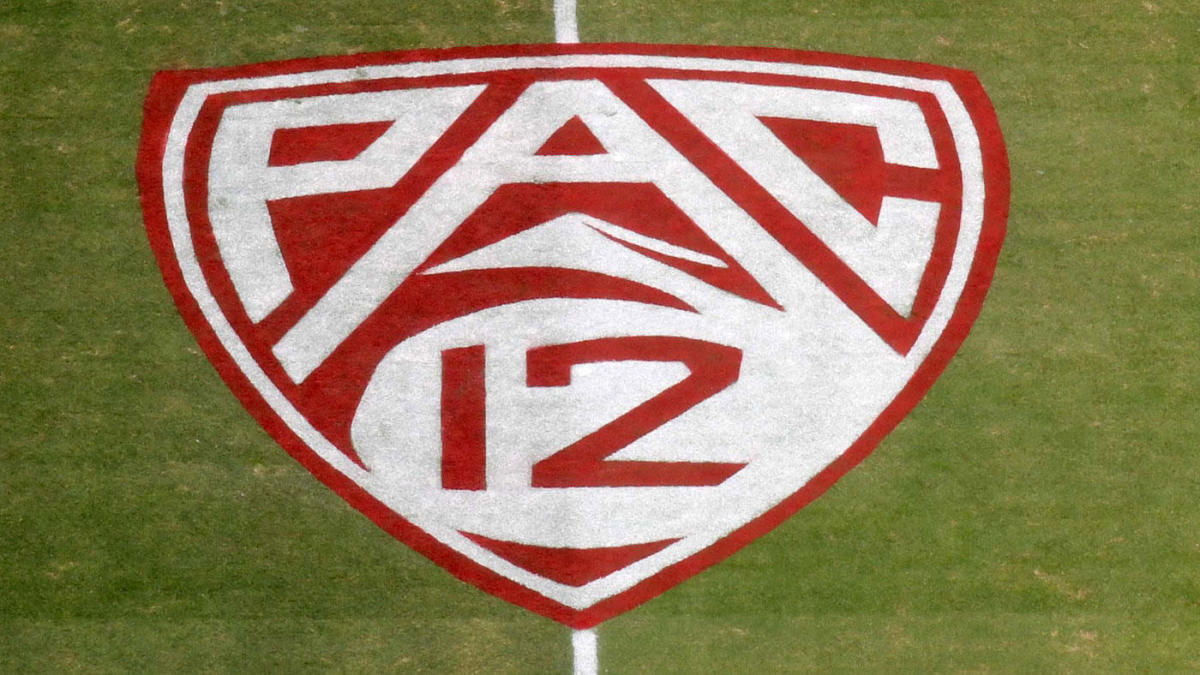
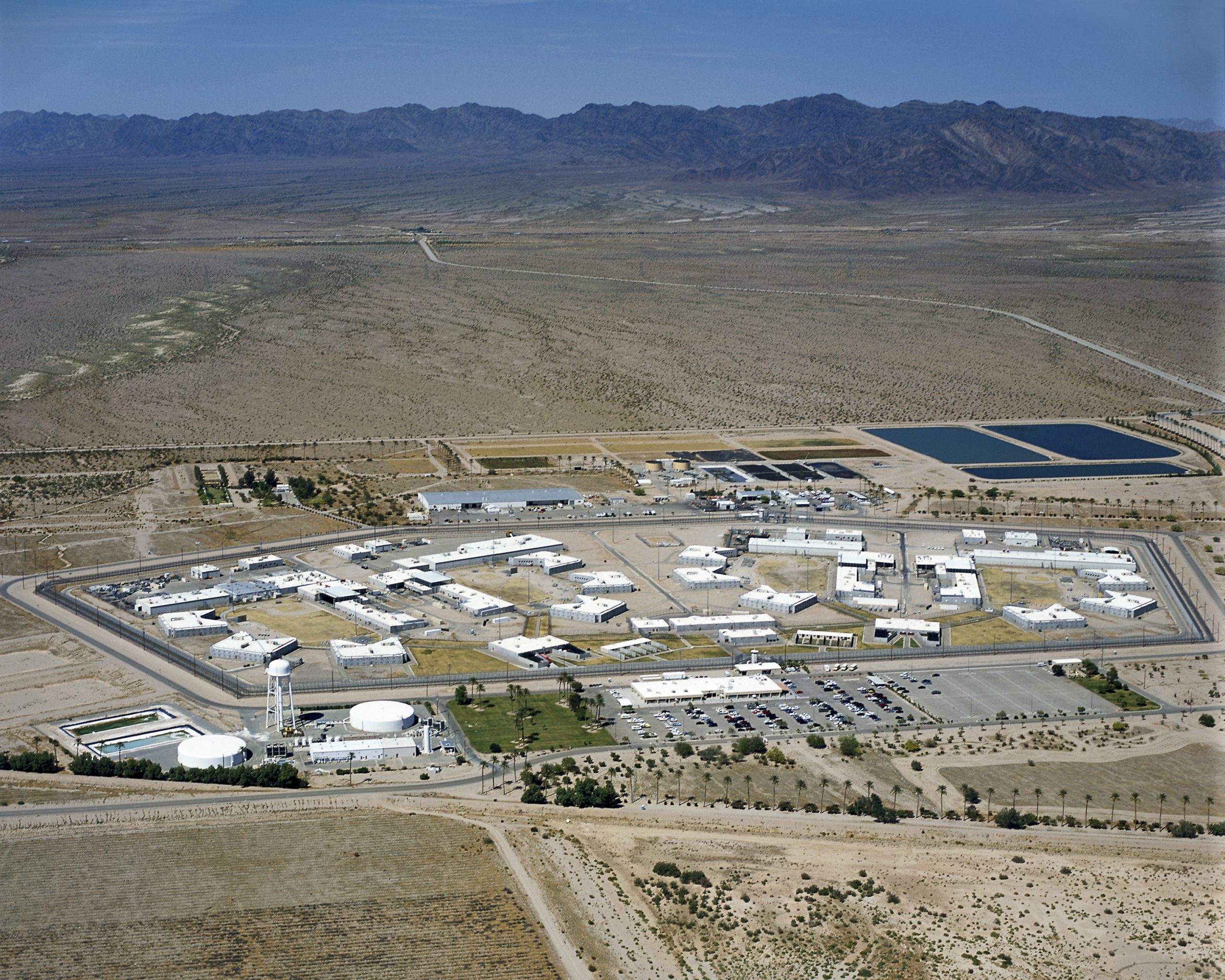
They should be ordered to serve on the fire line for restitution for what ever they were jailed for. There free room and board, should NOT be FREE. They owe a service to our state.